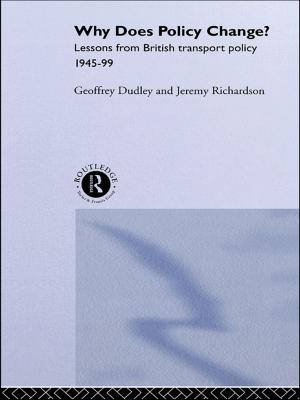| Author: | William Katzhaus | ISBN: | 9781311844309 |
| Publisher: | William Katzhaus | Publication: | May 24, 2016 |
| Imprint: | Smashwords Edition | Language: | English |
| Author: | William Katzhaus |
| ISBN: | 9781311844309 |
| Publisher: | William Katzhaus |
| Publication: | May 24, 2016 |
| Imprint: | Smashwords Edition |
| Language: | English |
The hypothesis that sexual abuse among humans is innate, that it is related to reproduction tends to persist. Arguments promoting the assertion rely on questionable, if not poor science, and have been repeatedly dismissed. Nevertheless, scholars on both sides of the issue have focused almost exclusively on the rape of women. If more attention was paid to the sexual abuse of children, who cannot bear children, it is possible the issue of innateness may have never been raised.
The debate has, however, initiated serious scientific inquiry into the issue of sexual coercion, as it is known among biologists and anthropologists when studying our genetically closest cousins, chimpanzees and bonobos. Comparisons of human behavior to these species show that only human beings sexually abuse children, and only human beings and chimpanzee males coerce females into having sex.
Anthropological studies indicate that it is culture that accounts for the presence or absence of rape. Specifically, those hunter-gatherer cultures that are nearly rape-free have managed to maintain a traditional way of life independently of advanced cultures and have deep traditions of respect for women and nature. Close examination of hunter-gatherer cultures have also found very strong resistance to all forms of domination. There is greater evidence to support the hypothesis that resistance to sexual abuse is innate.
The hypothesis that sexual abuse among humans is innate, that it is related to reproduction tends to persist. Arguments promoting the assertion rely on questionable, if not poor science, and have been repeatedly dismissed. Nevertheless, scholars on both sides of the issue have focused almost exclusively on the rape of women. If more attention was paid to the sexual abuse of children, who cannot bear children, it is possible the issue of innateness may have never been raised.
The debate has, however, initiated serious scientific inquiry into the issue of sexual coercion, as it is known among biologists and anthropologists when studying our genetically closest cousins, chimpanzees and bonobos. Comparisons of human behavior to these species show that only human beings sexually abuse children, and only human beings and chimpanzee males coerce females into having sex.
Anthropological studies indicate that it is culture that accounts for the presence or absence of rape. Specifically, those hunter-gatherer cultures that are nearly rape-free have managed to maintain a traditional way of life independently of advanced cultures and have deep traditions of respect for women and nature. Close examination of hunter-gatherer cultures have also found very strong resistance to all forms of domination. There is greater evidence to support the hypothesis that resistance to sexual abuse is innate.















